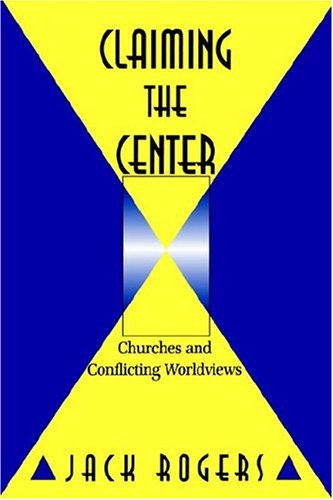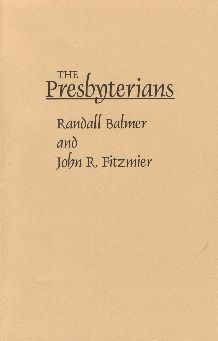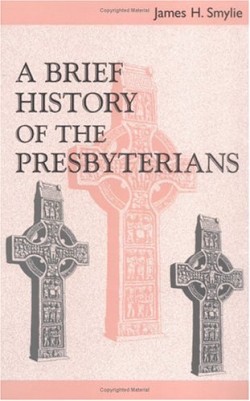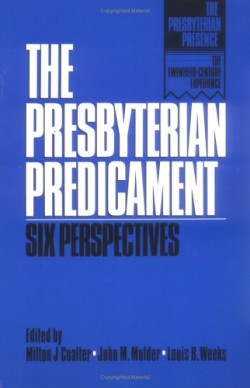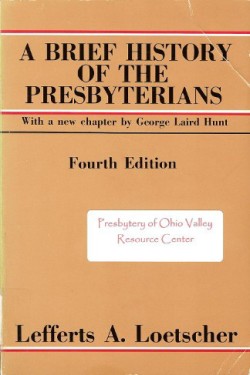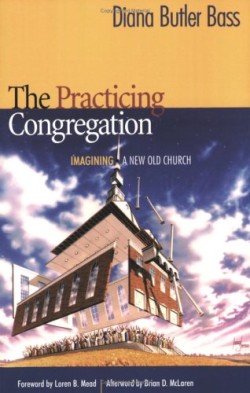From Booklist:
Taking the Presbyterian Church (U.S.A.) as representative, Rogers recounts an interesting history of Presbyterianism in the U.S. as he pleads with the mainline of Protestantism to stake out a “centrist” position on social and political controversies. The history is more successful than the plea, which is based on a hierarchical conception of religion, worldview, ideology, and experience. Rogers contends that these are clearly distinguishable layers of identity and that religion is most fundamental. He is convinced that confusion of layers transforms worldview conflicts into religious conflicts that splinter churches and push them from the mainline to the fringe.
The model is intriguing, but it is asserted here rather than supported. Nevertheless, the book is likely to appeal to readers who identify themselves with the center and their national church hierarchies with the fringe. If recent survey data in the sociology of religion are accurate, that will assure it a sizable potential audience, though hardly a revolutionary impact. Rogers presents a persuasive case for the moderate majority within denominations to take center stage, reasserting the common ground among us in spite of our controversies. He combines effectively historic perspective with contemporary relevance.

